As a developing economy, India has numerous developmental aspirations. How India meets these goals without worsening the climate crisis is at the heart of CSTEP's work. Addressing climate change and enabling a secure and sustainable future for Indian citizens require an overhaul of previous paradigms on development and resource utilisation. This is reflected in our work on developing low-carbon trajectories for development with an emphasis on nature-based solutions.
We are working with state governments across India to build capacity on risk and vulnerability assessments to inform their respective action plans on climate change. The transition from fossil fuels to renewable energy is crucial to achieving a secure and sustainable future. CSTEP's studies explore the possibility of a greater integration of renewables in the energy sector.
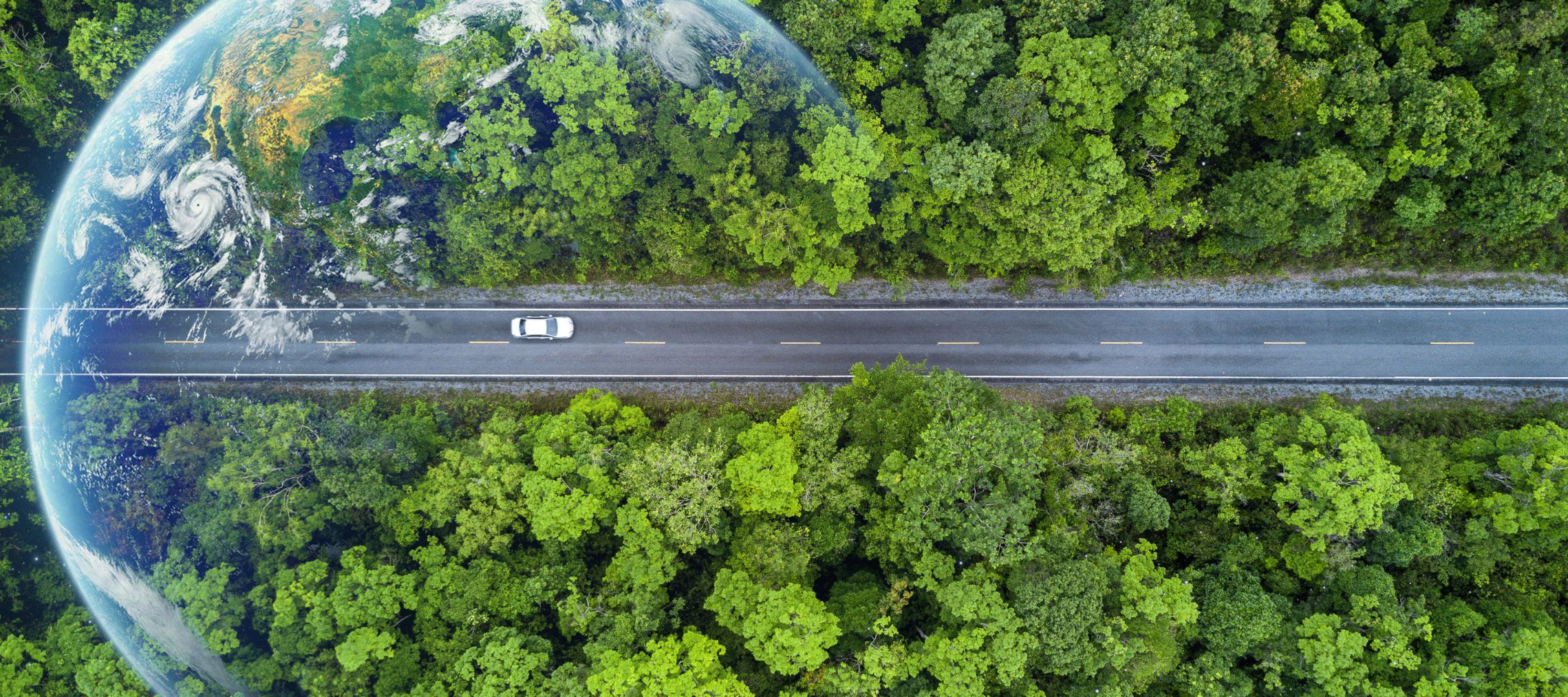
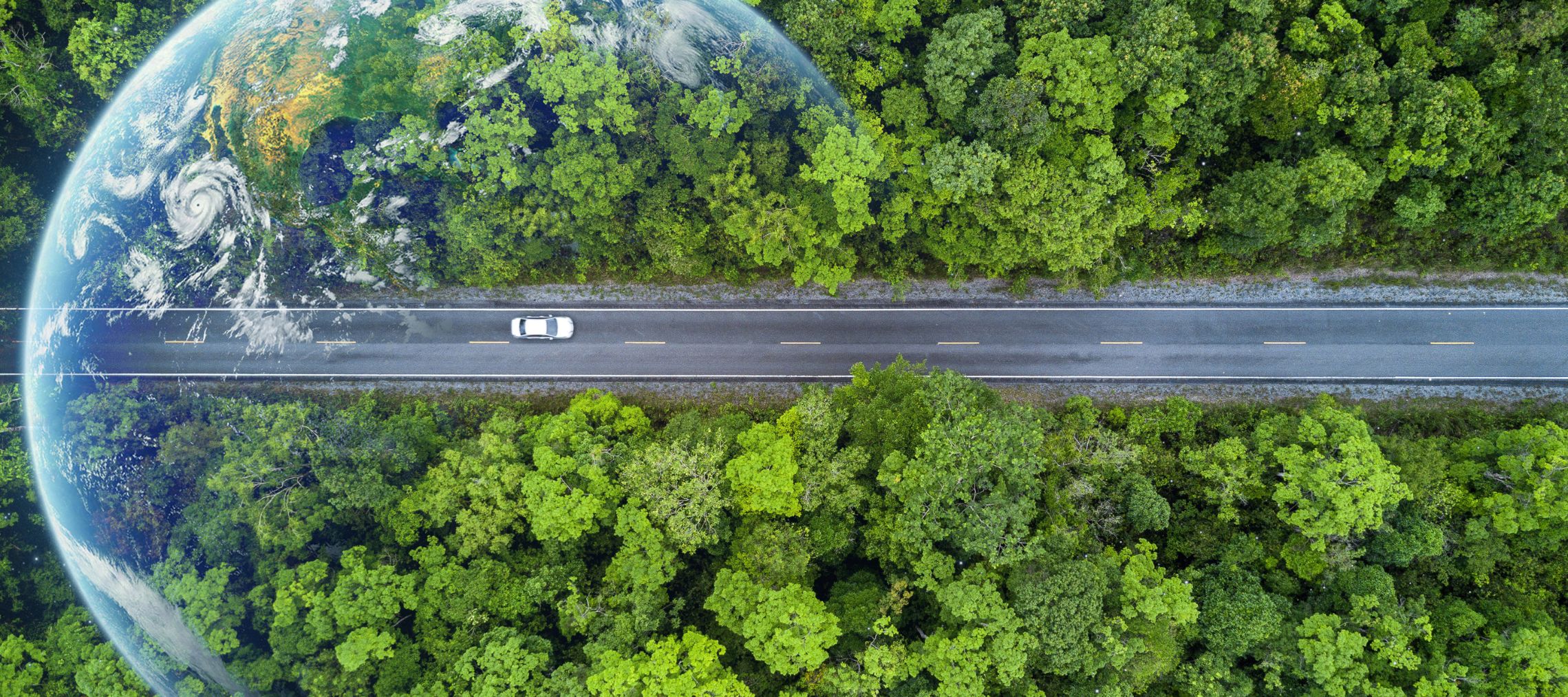



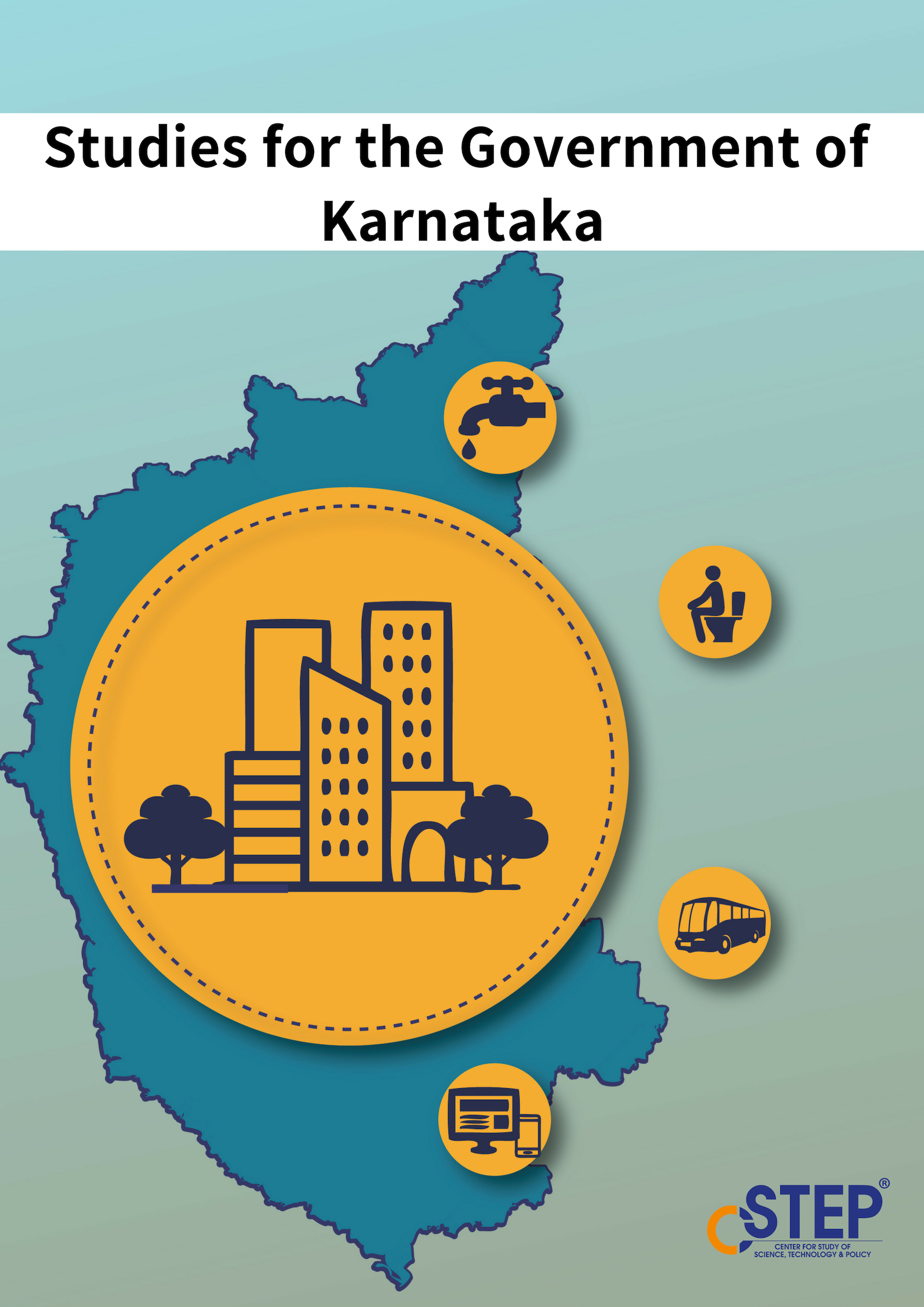
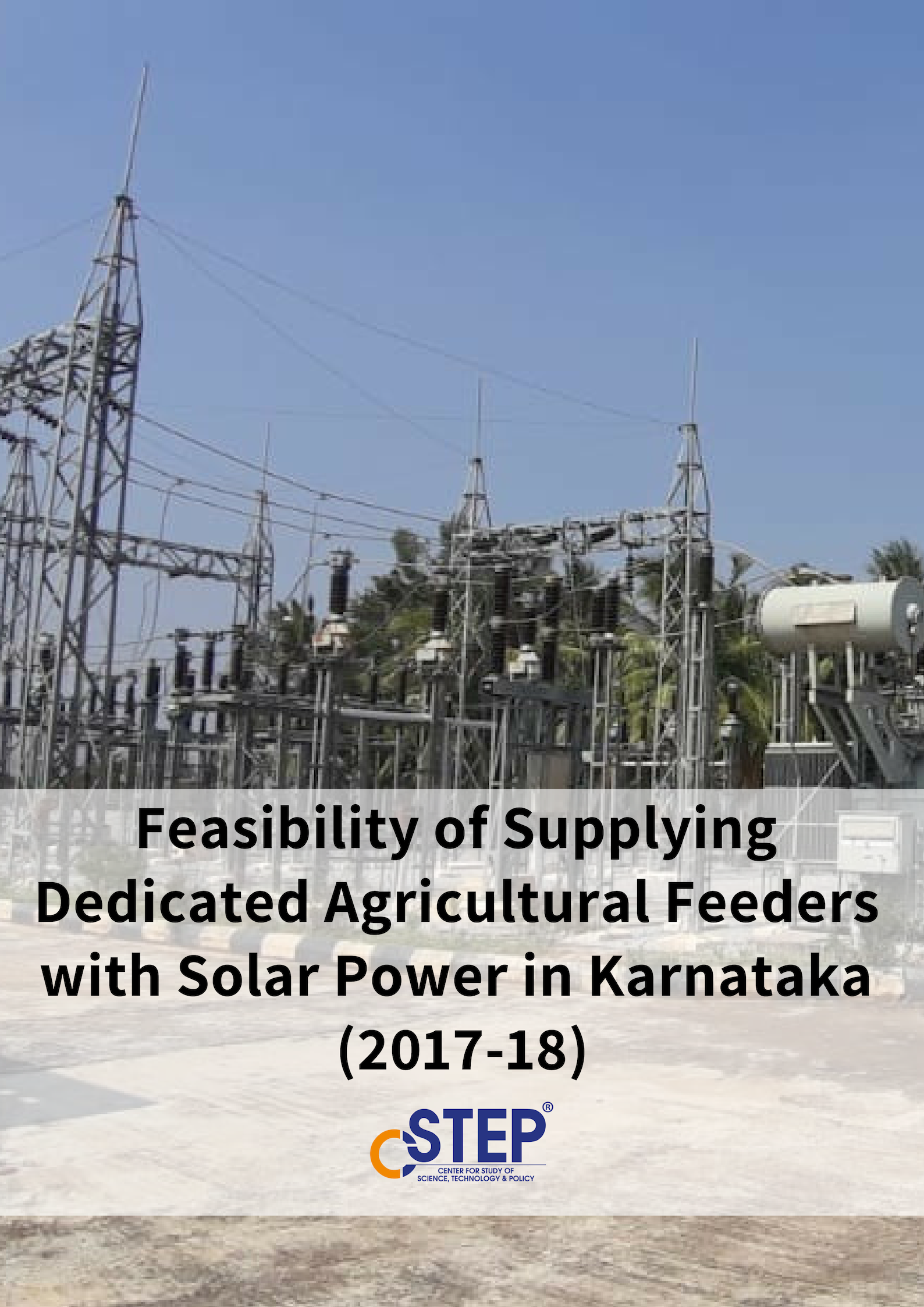
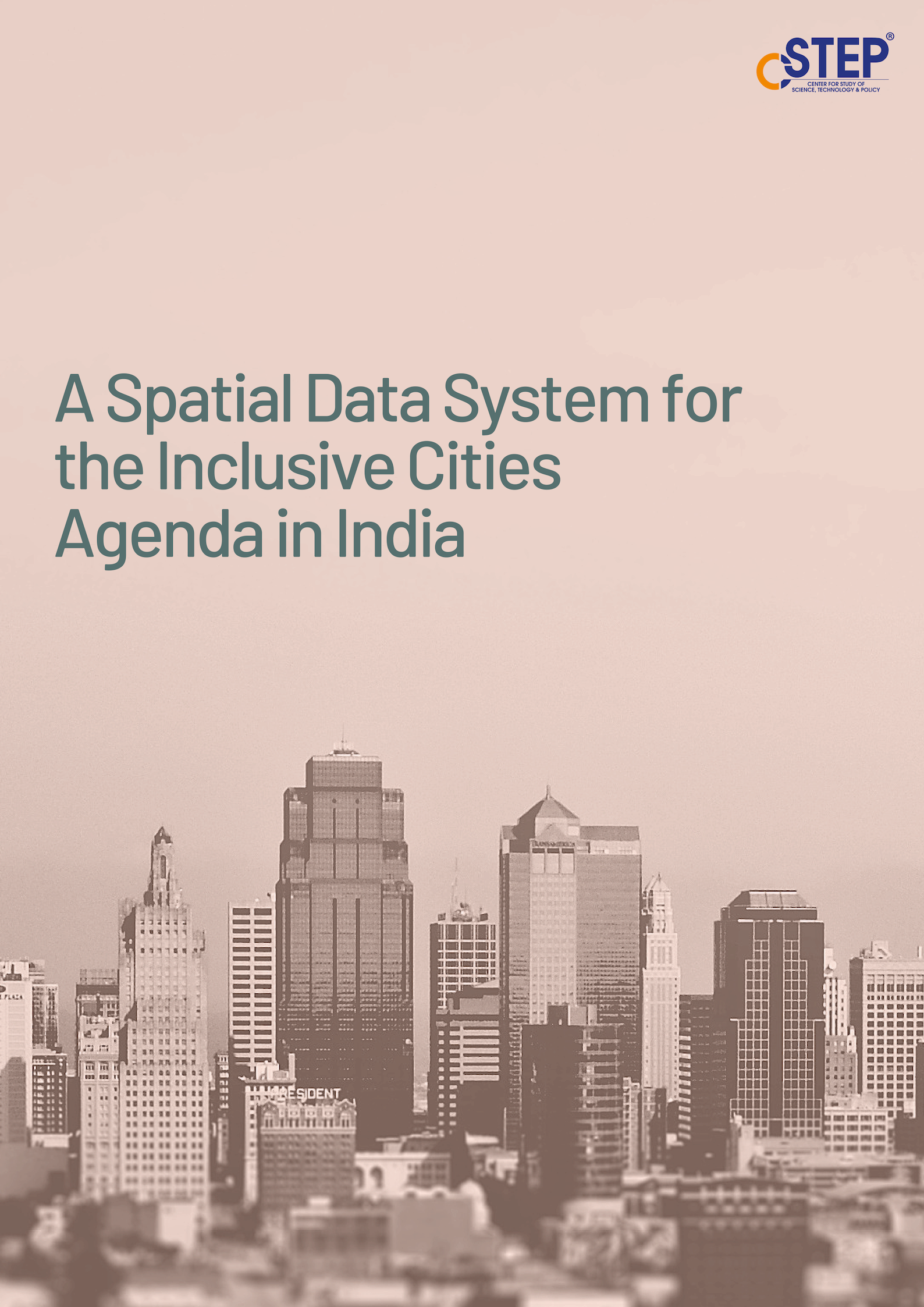
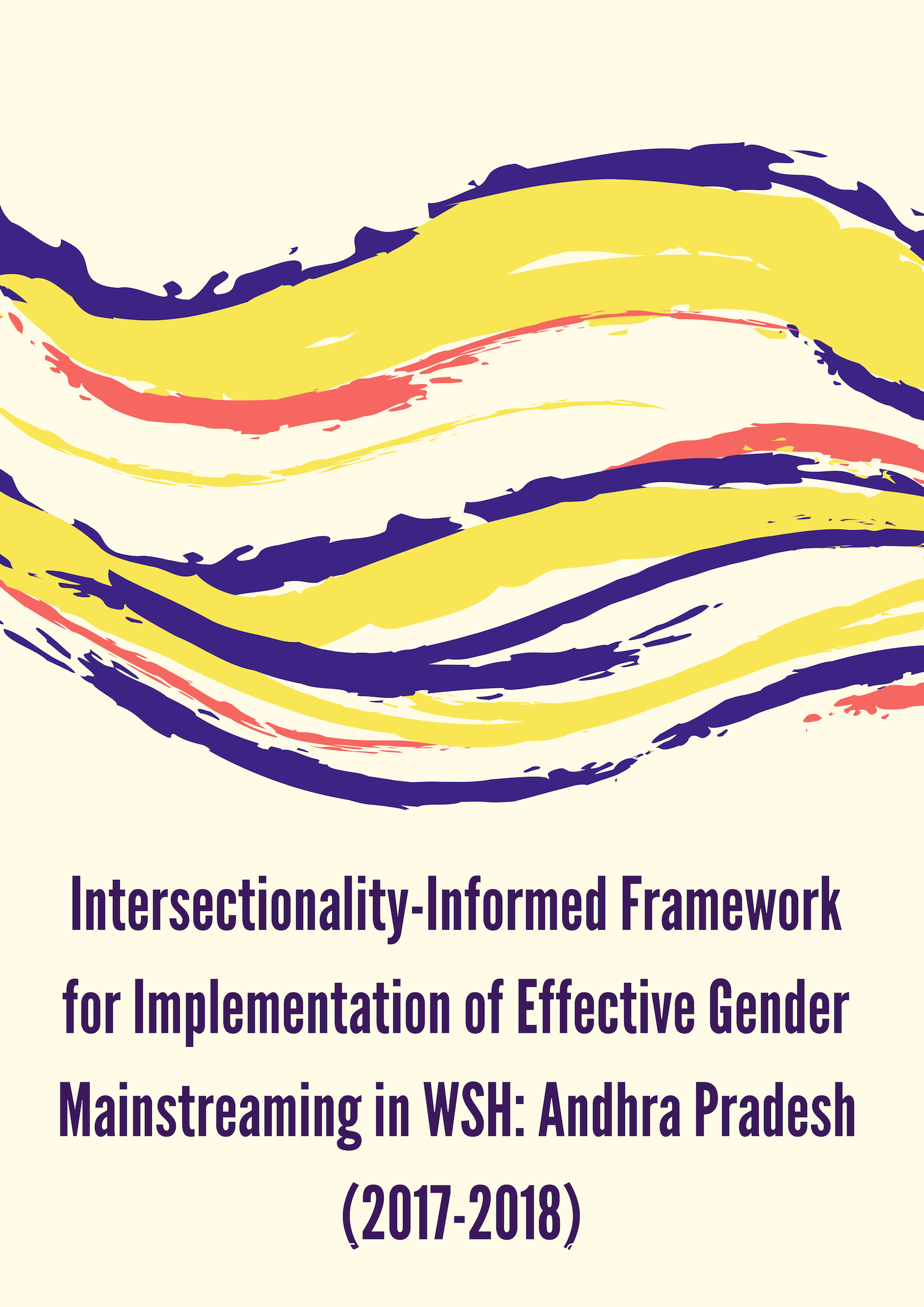
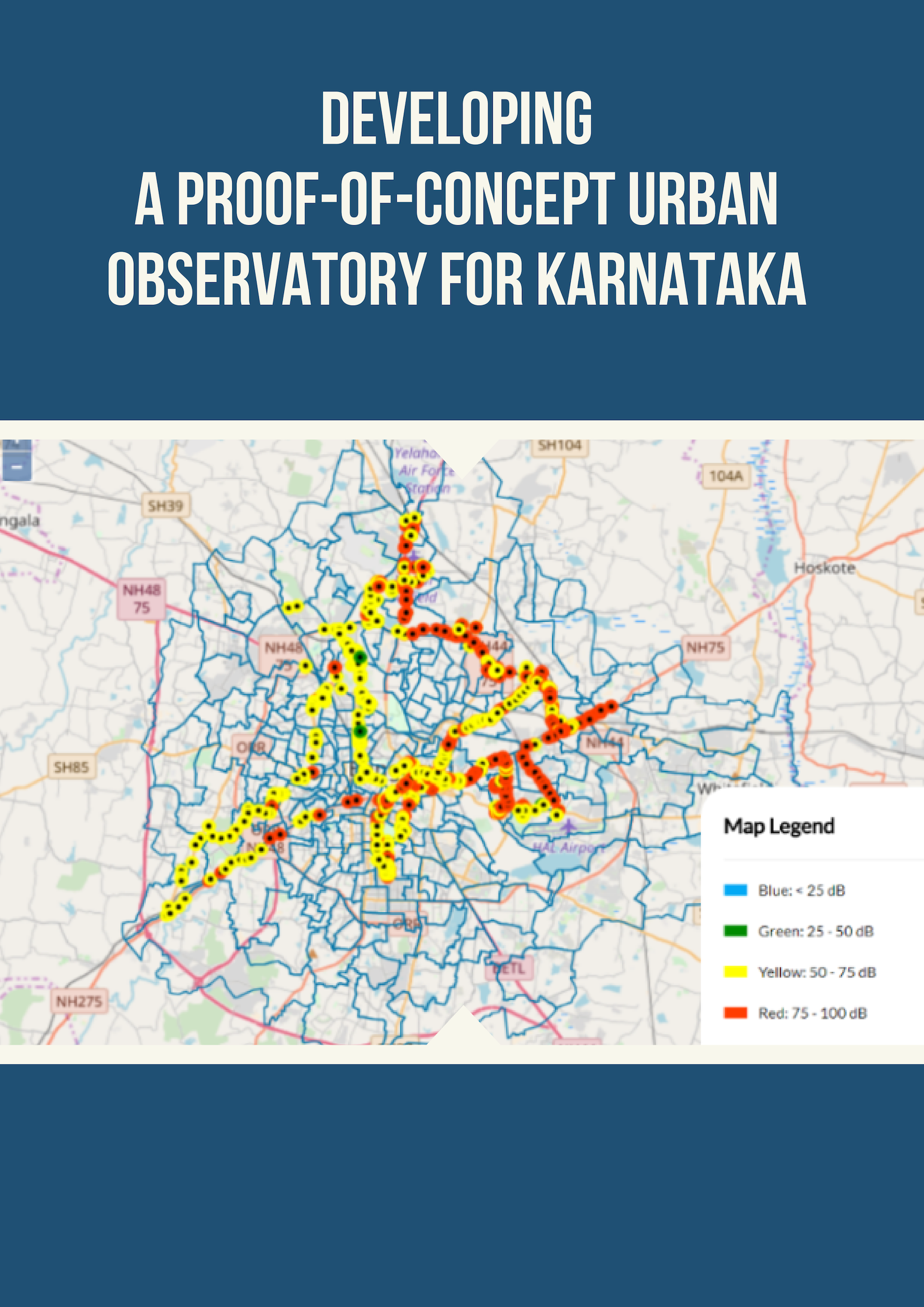
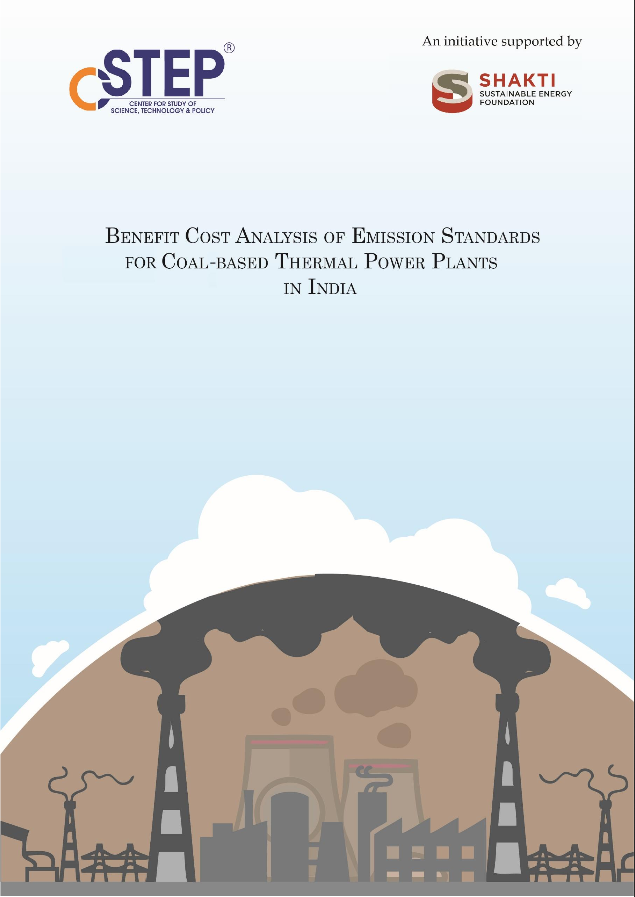
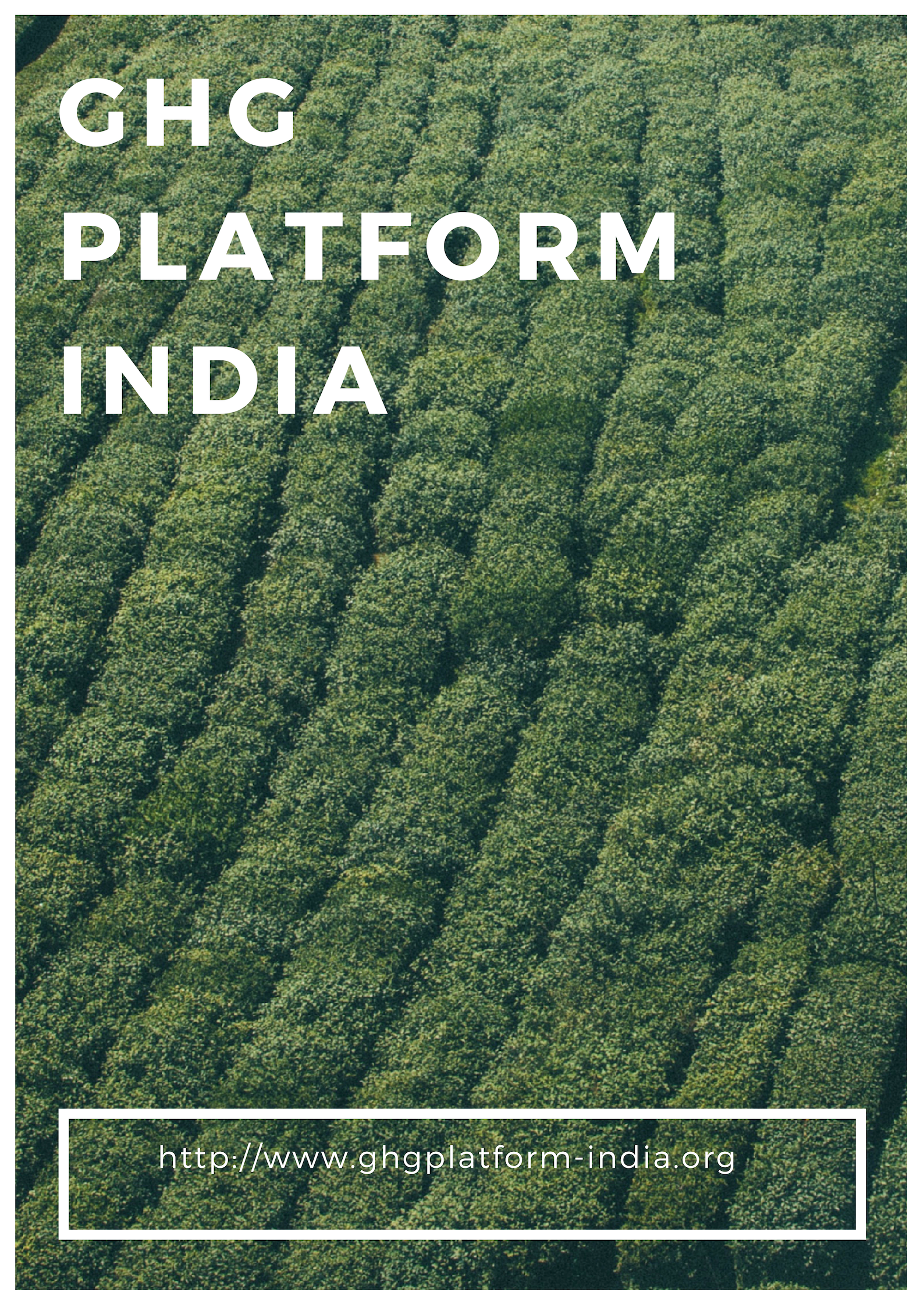






Why forests matter in climate finance discussions
COP29, the conference touted as the "finance COP," concluded recently in Baku and has shown promise and oversight in its treatment of nature within the climate agenda. The latest estimate of required financing stands at a staggering $1.3 trillion, a sharp contrast to the mere $300 billion pledged under the New Collective Quantitative Goal (NCQG), which remains contentious among many parties, especially the Global South. Moreover, the need, and therefore the estimates, keep increasing year-on-year with minimal mobilisation towards achieving these goals.
With 45 years to go, how sustainable is India’s road to net-zero?
Every year, climate action draws significant attention in the months leading up to the United Nations’ annual meeting of the Conference of the Parties (COPs). But the outcome of the 2024 U.S. presidential election will likely have a greater impact on the planet’s climate future than COP29 itself, illustrating an important challenge in combating climate change: operationalising global cooperation towards a common cause even when national interests don’t align with it.
Budgeting for net zero: Government support needed to meet India’s clean energy goals
The Government of India has set ambitious goals to ramp up a range of clean technologies by 2030 to increase energy independence, security, and access while promoting industrial development and reducing air pollution and GHG emissions. To deliver on these goals, the government has introduced a suite of financial and non-financial support measures. But will these measures be sufficient to reach the goals in full and on time?
District-Level Climate Risk Assessment for India: Mapping Flood and Drought Risks Using IPCC Framework
Climate change is a reality and a formidable challenge globally and in India. Across the world, there has been a rise in extreme climate events such as floods, droughts, and heatwaves. The severity and frequency of these extreme events are projected to escalate in the coming years (IPCC, 2022). These events not only endanger natural ecosystems but also pose substantial risks to human systems. However, it is crucial to recognise that the distribution of the impact of climate change is not equal across the world.
No silver bullet II: Land-use dynamics in India’s net-zero journey
The 'No Silver Bullet' series explores various potential pathways for India’s transition to net-zero emissions, discusses the challenges and constraints, and provides directional insights based on long-term modelling using system dynamics. To complement the findings from cost-optimisation models, simulation modelling based on systems thinking was used to determine the impact of competition for natural (and other) resources and the ensuing non-linear feedback dynamics.
COP16: Will financial roadblocks continue to hinder conservation efforts?
The 16th meeting of the Conference of the Parties (COP16) to the U.N. Convention on Biological Diversity recently concluded in Cali, Colombia. Representatives from U.N. countries tried to negotiate measures to halt and reverse biodiversity loss by 2030, which threatens both human well-being and the stability of human societies. A key sticking point was who’d pay for implementing these measures and how much.
Press Release: Decarbonising India’s transport sector: Navigating trade-offs of biofuel use and electrification
As India is on a trajectory to decarbonise the transport sector and reach its net-zero goals by 2070, it is imperative to closely examine decarbonisation strategies to avoid any unintended economic and natural resource–related trade-offs. Bengaluru-based think tank, Center for Study of Science, Technology and Policy (CSTEP)’s latest study highlights that sustaining 10% ethanol blending (E10) might be the right way forward, considering it avoids any trade-offs between food and fuel and existing vehicles and infrastructure are already E10-compliant.
Macroeconomic impacts of decarbonising mobility in India
India committed to achieving net-zero emissions by 2070 at COP26 in Glasgow. Decarbonising the transport sector is crucial in accomplishing this target. Road transport accounted for 12% of India’s energy-related emissions in 2022. These emissions are projected to increase in the future because of a rise in population and urbanisation. Transport sector decarbonisation policies in India revolve around two key interventions: ethanol blending with petrol and electrification of vehicles.
Towards the long-term sustainability of ethanol use in India
It is well established that to achieve net-zero emissions, decarbonising the transport sector is crucial. In 2022, road transport contributed to around 12% of India’s energy-related CO2 emissions. The contribution is expected to double by 2050.
Decarbonising India’s transport sector: Navigating trade-offs of biofuel use and electrification
Decarbonising the transport sector is essential not only to achieve the net-zero target but also to improve quality of life through benefits such as better air, reduced traffic-related woes, and urban heat management. Studies have modelled low-carbon strategies for the transport sector in India, with a focus on energy demand and emissions, but the cross-sectoral trade-offs of the strategies, such as their impact on land, water, and material use, are often missed.
